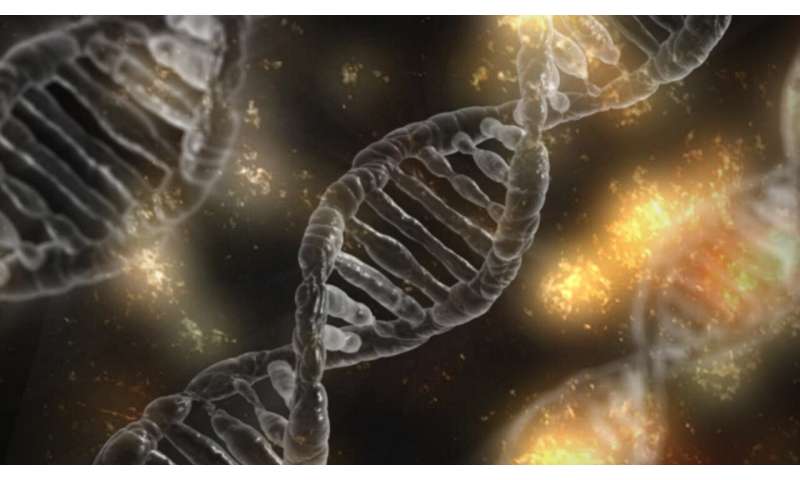
A team of researchers affiliated with several institutions in the U.S. and one in Canada has found evidence that suggests recombinant human growth hormone (rhGH) can reverse epigenetic aging in humans. In their paper published in the journal Aging Cell, the group describes their efforts to learn more about the impact of rhGH on the thymus, and what they found.
The researchers report that their interest in the impact of rhGH on the thymus began when they came across a report describing research in 1986 that showed injecting rats with rhGH boosted their immune system. One of the team members, Gregory Fany, actually tested the idea on himself back in the 1990s, and found that that it appeared to rejuvenate his thymus, which boosted his immune system.
The thymus is a gland in the chest that converts white blood cells to T cells and therefore plays an important role in immune response. Unfortunately, as humans age, fatty deposits develop in the thymus, along with reductions in human growth hormone—the result is weakened immune responses. In this new effort, the researchers wanted to get a better idea of what happens to the thymus and the immune system if people are given rhGH. To find out, they recruited nine volunteers, all white males, to participate in their study.
The study consisted of giving each of the volunteers the growth hormone DHEA. Each was also given two drugs to ward off diabetes, since DHEA had been found to trigger the disease. The volunteers were monitored over the course of a year. At the end of the year, the researchers found that seven of the nine volunteers had lost fat in their thymuses and that healthy tissue had regrown to replace it. On a whim, the researchers also conducted epigenetic marker (methylation) testing on the volunteers, as well. They report that all 10 of the volunteers experienced reverse epigenetic aging—on average, they grew biologically younger by two and a half years.
Source: Read Full Article






